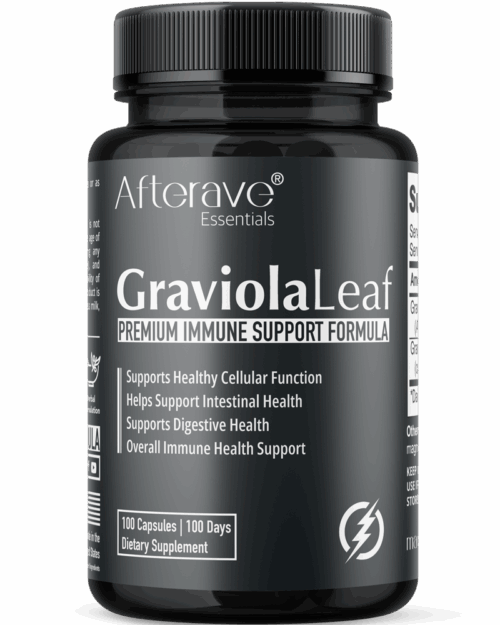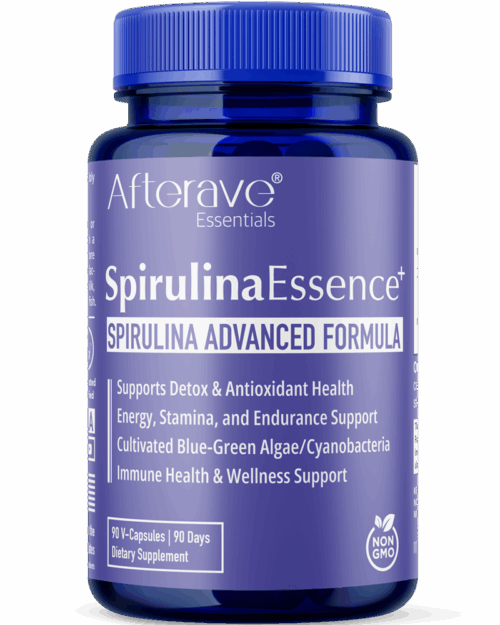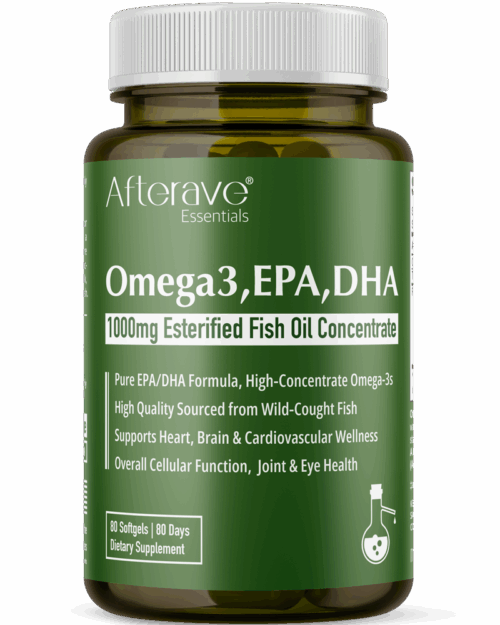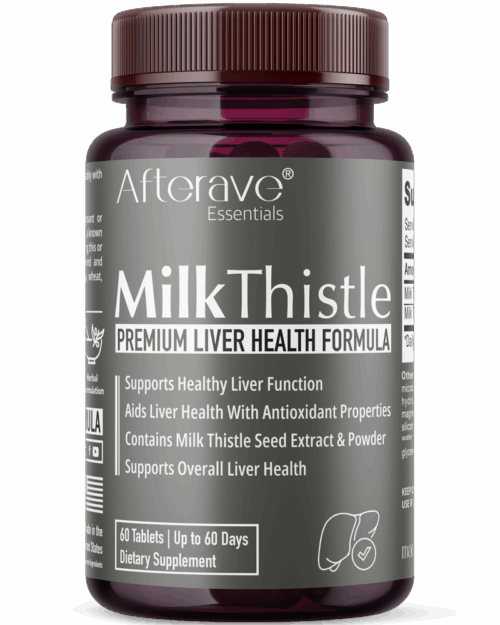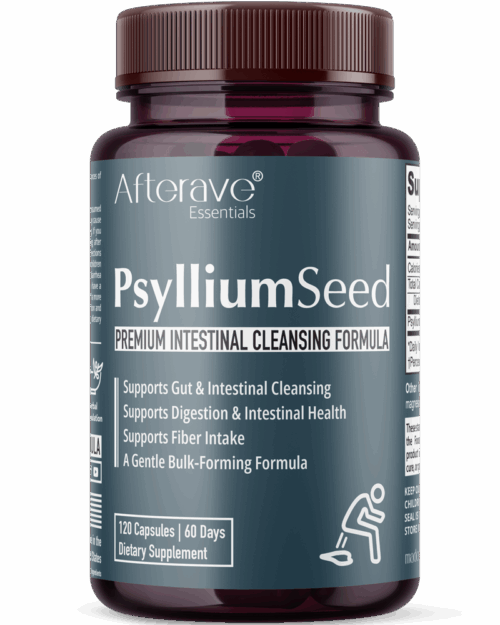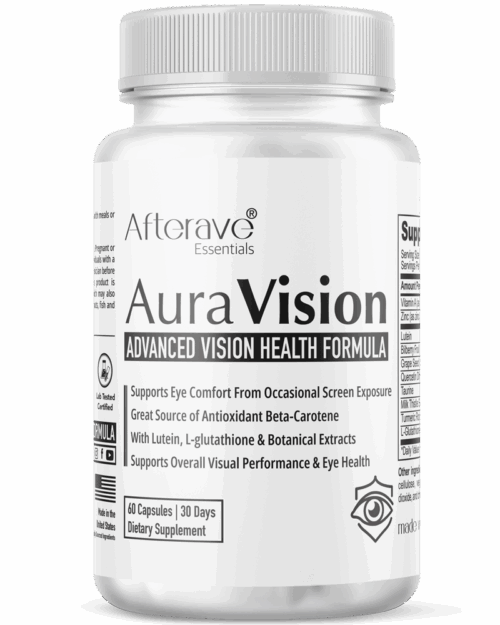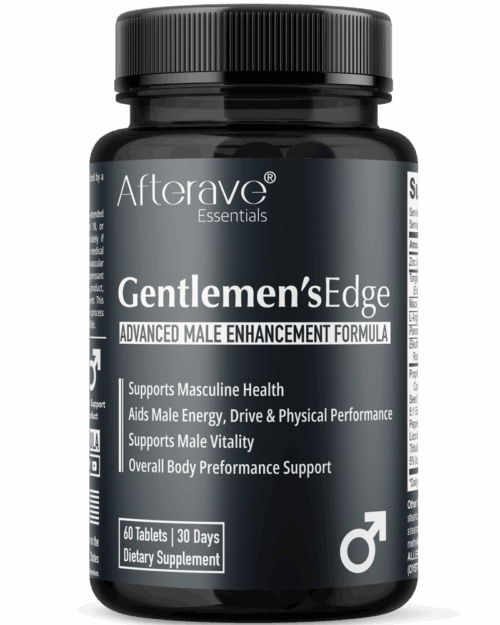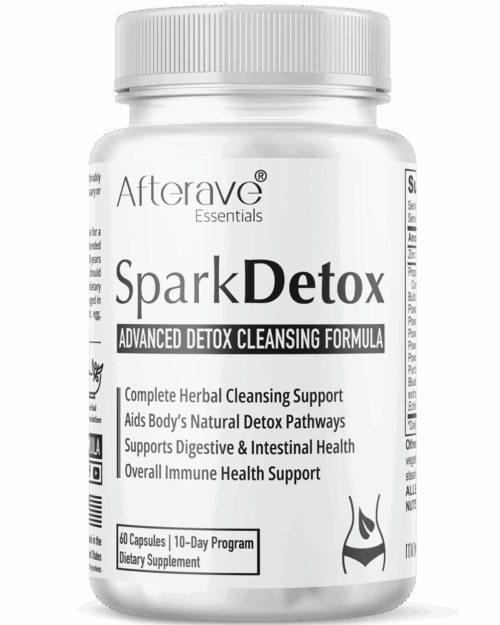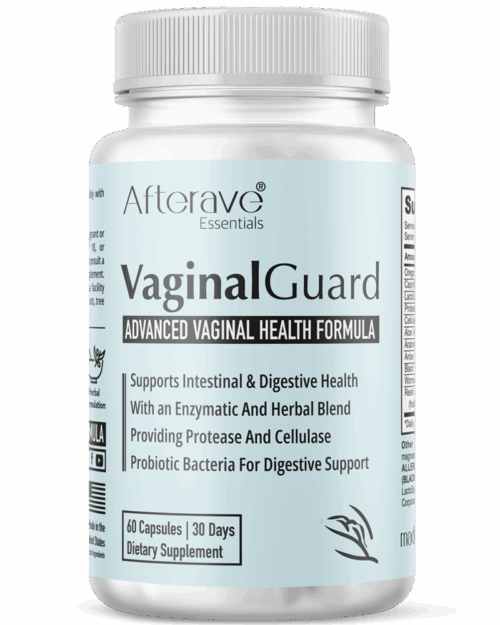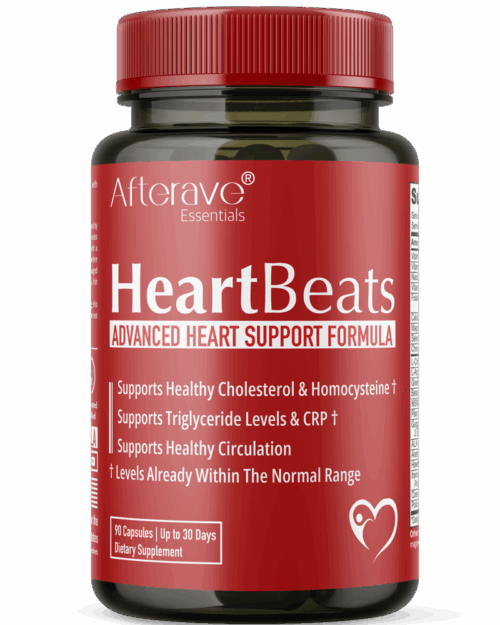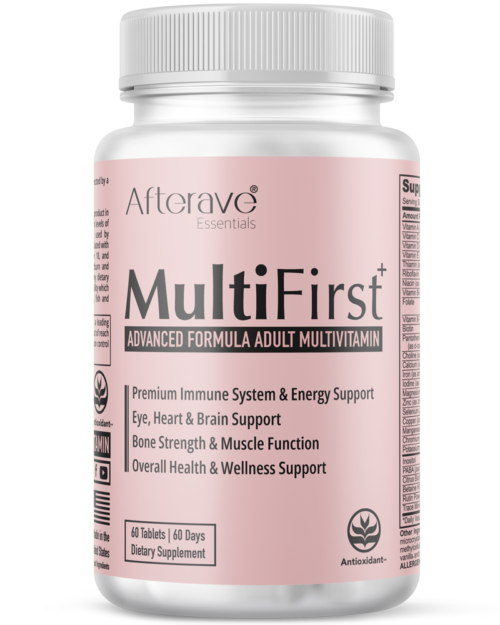Saw palmetto (Serenoa repens), a type of palm native to the southeastern United States, is commonly used in supplements to improve prostate health, balance hormone levels, and prevent hair loss in men.
Plus, it’s associated with various other benefits, including decreased inflammation and improved urinary function.
Here are five promising benefits and uses of saw palmetto, along with some key risks and side effects.
1. May Prevent Hair Loss
Hair loss is a common condition that various factors can cause, including genetics, certain medical conditions, hormone changes, and medications such as stimulants and blood thinners. Saw palmetto is often used to balance hormone levels and combat hair loss.
According to one study, saw palmetto may help block the activity of 5-alpha reductase. This enzyme converts testosterone into another sex hormone called dihydrotestosterone (DHT) linked to hair loss. Saw palmetto may also prevent hair loss by reducing the uptake of DHT in your hair follicles, which decreases DHT’s ability to bind to specific hormone receptors.
One review of 7 studies found that oral and topical supplements containing saw palmetto improved hair quality by 60%, raised total hair count by 27%, and increased hair density in 83% of people with hair loss.
Even though some study results suggest that saw palmetto might benefit hair growth, more research is needed.
2. May Improve Urinary Tract Function
Urinary tract symptoms such as incontinence and difficulty urinating are common among older adults.
Saw palmetto may improve urinary symptoms associated with benign prostate hyperplasia (BPH), which causes an enlargement of the prostate gland and results in decreased urine flow.
In one small 12-week study, men who took 1,000 mg daily of saw palmetto oil enriched with beta-sitosterol, a compound found naturally in many plants, experienced significant improvements in BPH symptoms compared with those who took unenriched saw palmetto oil.
Similarly, a 24-week study of 354 men found that taking 320 mg of saw palmetto decreased symptoms of BPH and improved urinary flow, quality of life, and sexual function compared with a placebo.
On the other hand, a recent review of 27 studies concluded that saw palmetto had no significant impact on lower urinary tract symptoms when used alone.
Therefore, more research is needed to determine whether this supplement aids urinary tract function in the general population, including those with and without prostate issues.
3. May Support Prostate Health
The prostate is a small gland located between the bladder and the penis. It’s responsible for maintaining sperm health.
Some research suggests that saw palmetto can support prostate health and help prevent issues such as BPH and prostate cancer.
Other human and animal studies also indicate that this supplement may reduce urinary symptoms and inflammation related to BPH.
What’s more, a 15-year study in 30 men concluded that taking 320 mg of saw palmetto extract daily may help prevent the progression of BPH.
Yet some studies don’t associate saw palmetto with improvements in prostate health or BPH symptoms.
4. May Decrease Inflammation
Some research suggests that saw palmetto has anti-inflammatory properties, which may help treat certain conditions.
For example, one study in mice with enlarged prostates observed that saw palmetto extract decreased swelling and several markers of inflammation, including interleukin 6 (IL-6).
Another study in rats with BPH found that saw palmetto decreased inflammation and improved antioxidant status.
5. May Help Regulate Testosterone Levels
Saw palmetto is often used by people looking to boost testosterone levels naturally.
Testosterone levels affect several aspects of health, including body composition, sex drive, mood, and brain function. Levels decline with age, and some research suggests that low levels contribute to health conditions such as heart disease.
Saw palmetto decreases the activity of 5-alpha reductase — an enzyme responsible for converting testosterone to DHT — to help preserve testosterone levels.
One test-tube study found that the effectiveness of saw palmetto extract was comparable to finasteride in preserving testosterone levels. Finasteride is a medication used to treat hair loss and BPH by reducing the activity of 5-alpha reductase.
According to one review, saw palmetto may help block the uptake of DHT and decrease its ability to bind to androgen receptors by nearly 50%. In turn, this may help regulate testosterone levels.
One 14-day study also noted that taking 1,200 mg per day of Resetting — a supplement made with saw palmetto and astaxanthin, a type of antioxidant found in algae — increased serum testosterone levels by 38% compared with a placebo.
Furthermore, a study in rats showed that saw palmetto increased testosterone synthesis, muscle endurance, and sperm count by altering hormone regulation.
How Does Saw Palmetto Work?
The active compounds in saw palmetto are believed to help block the activity of 5-alpha reductase, an enzyme responsible for converting testosterone to DHT.
This process may help maintain testosterone levels as you get older, which may improve body composition, libido, and mood.
Because DHT is also involved in the enlargement of the prostate gland, decreasing your levels of DHT by using saw palmetto may also improve prostate health and BPH.
Furthermore, saw palmetto may help support hair health, as DHT regulates hair growth and may contribute to hair loss and balding.
References: https://www.healthline.com/
SHOP NOW





